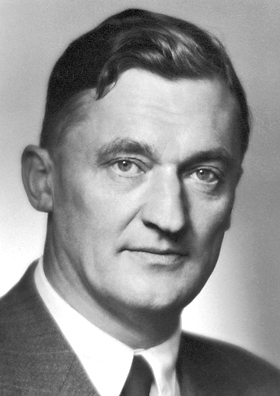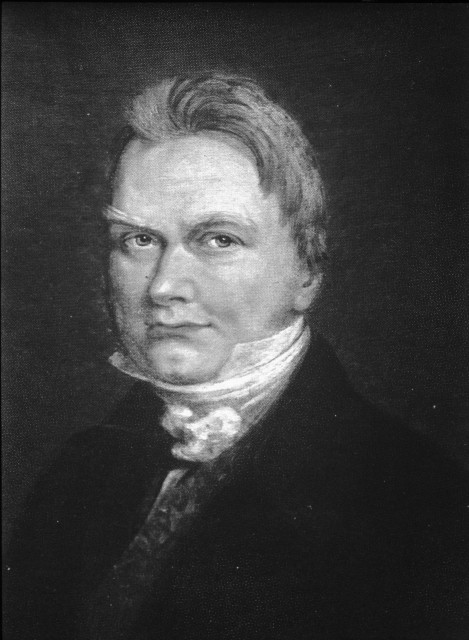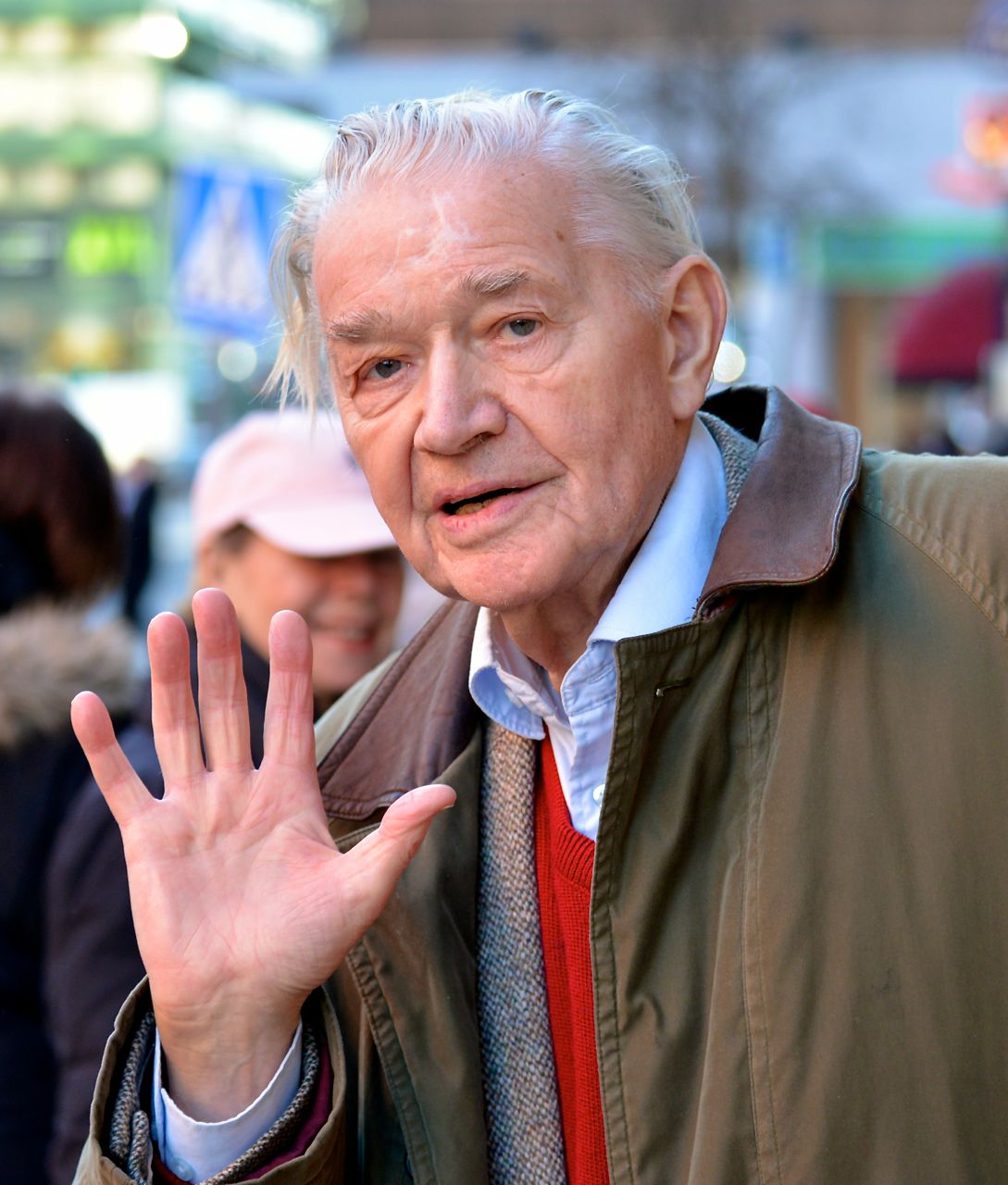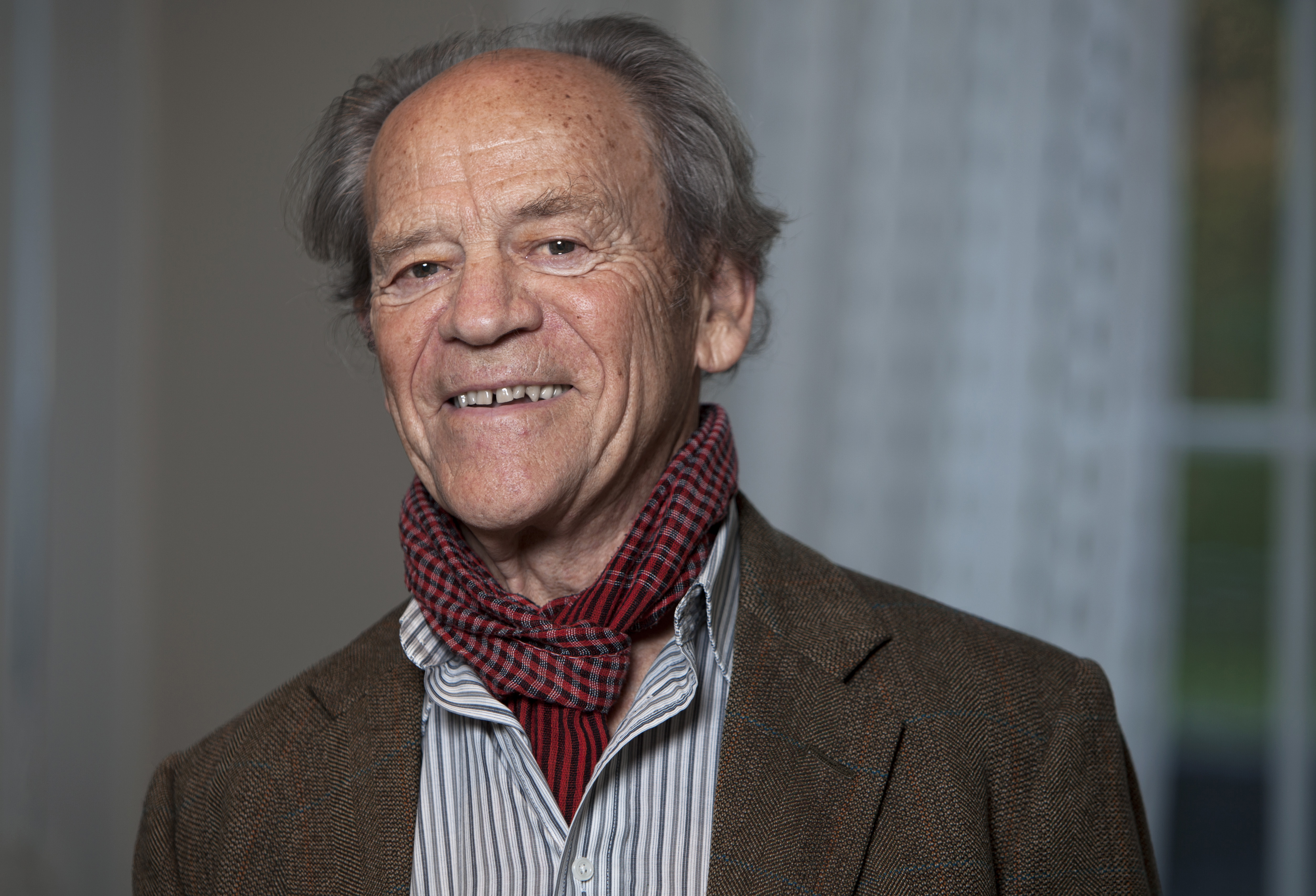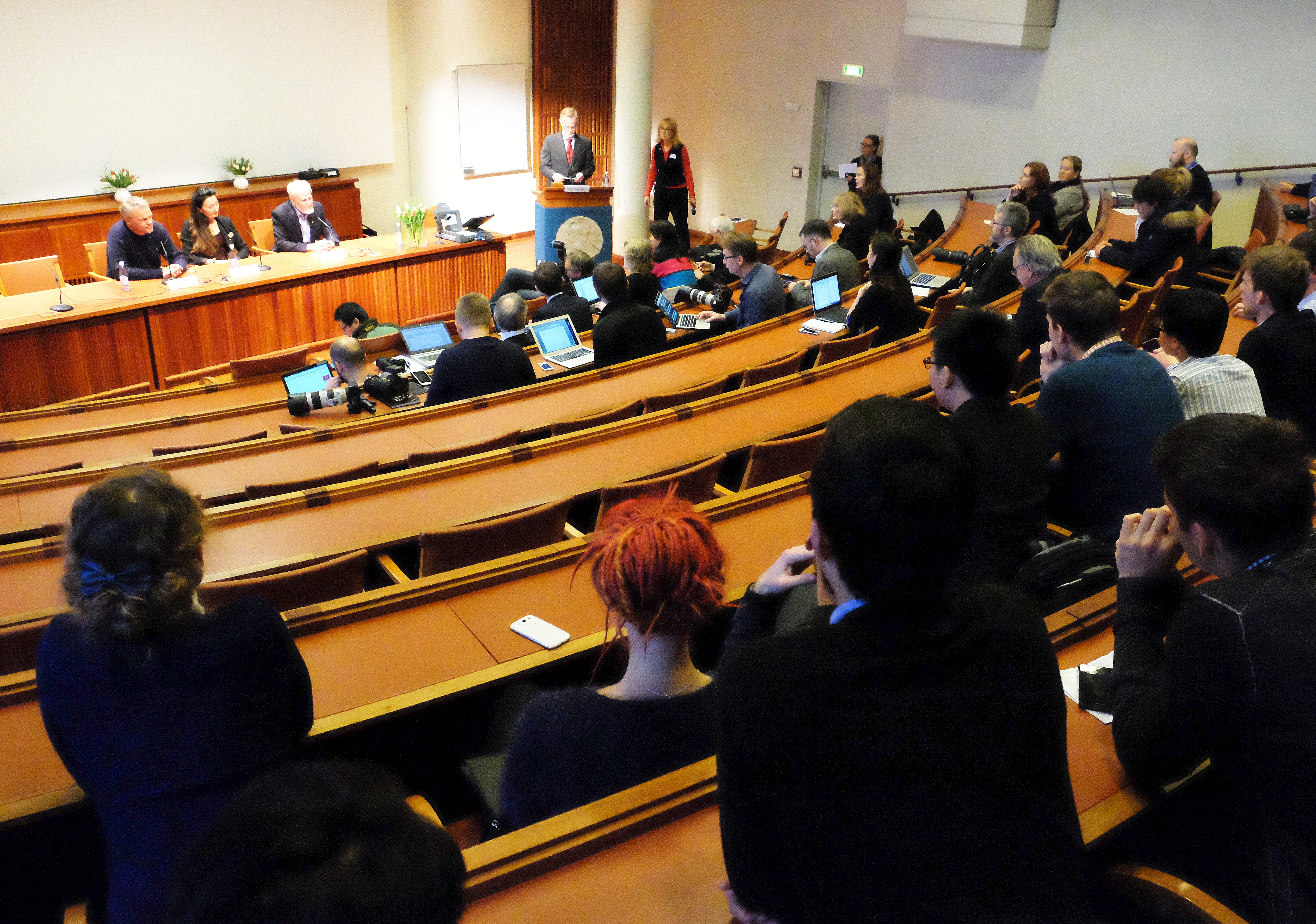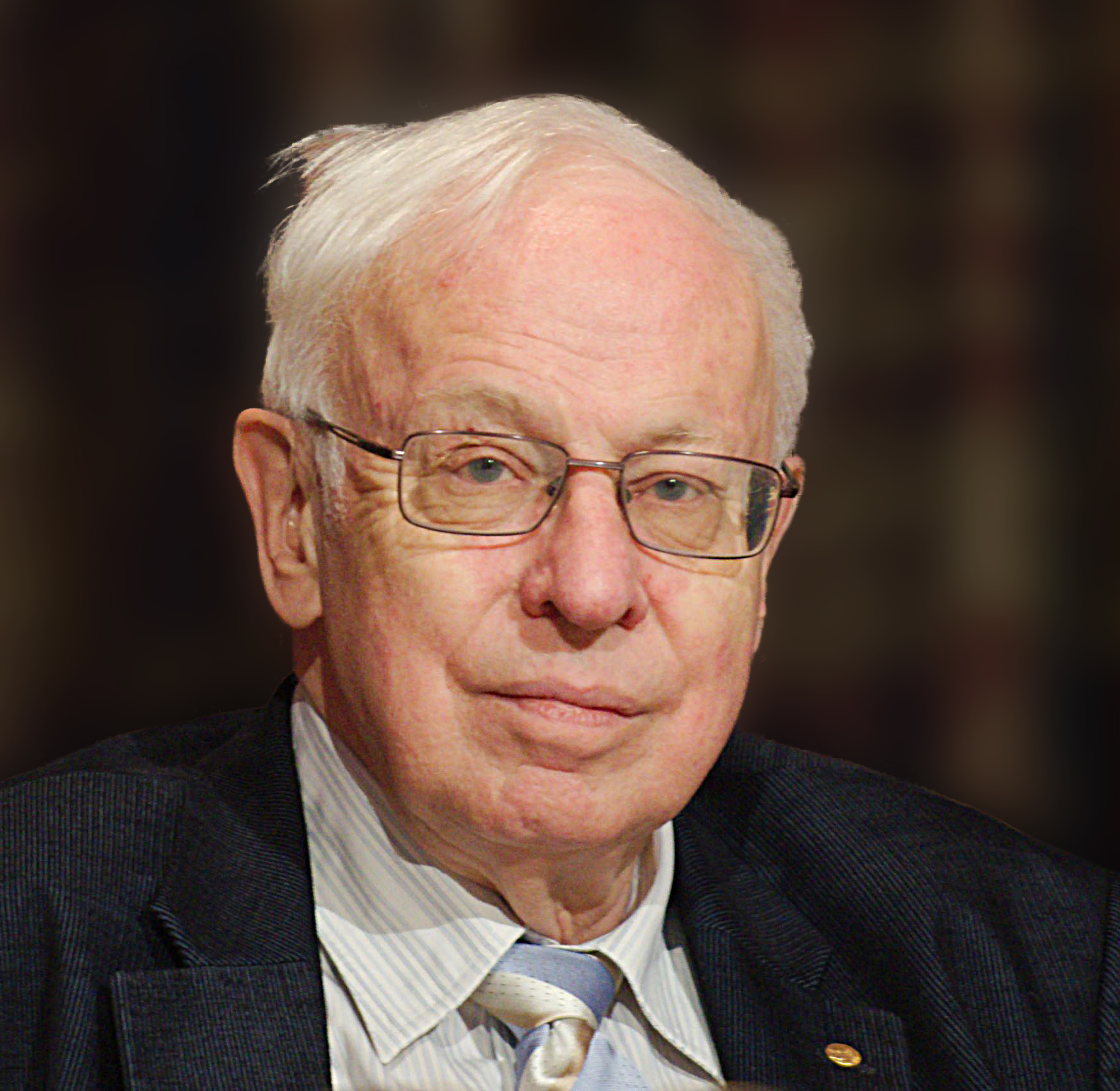Karolinska mediko-kirurgiska institutet
Enlarge text Shrink textThe Karolinska Institute (KI; Swedish: Karolinska Institutet; sometimes known as the (Royal) Caroline Institute in English) is a research-led medical university in Solna within the Stockholm urban area of Sweden and one of the foremost medical research institutes globally. The Nobel Assembly at the Karolinska Institute awards the Nobel Prize in Physiology or Medicine. The assembly consists of fifty professors from various medical disciplines at the university. The current vice-chancellor of Karolinska Institute is Annika Östman Wernerson, who took office in March 2023. The Karolinska Institute was founded in 1810 on the island of Kungsholmen on the west side of Stockholm; the main campus was relocated decades later to Solna, just outside Stockholm. A second campus was established more recently in Flemingsberg, Huddinge, south of Stockholm. The institute also has a Centre for Reparative Medicine, consisting of two nodes, one in Stockholm and one in Hong Kong. The Karolinska Institute is Sweden's third oldest medical school, after Uppsala University (founded in 1477) and Lund University (founded in 1666). It is one of Sweden's largest centres for training and research, accounting for 30% of the medical training and more than 40% of all academic medical and life science research conducted in Sweden. It receives around a third of Sweden's public funding for medical research. The Karolinska University Hospital, located in Solna and Huddinge, is associated with the university as a research and teaching hospital. Together they form an academic health science centre. While most of the medical programs are taught in Swedish, the bulk of the PhD projects are conducted in English. The institute's name is a reference to the Caroleans.
Read more on Wikipedia >

 Corporate Body
Corporate Body





